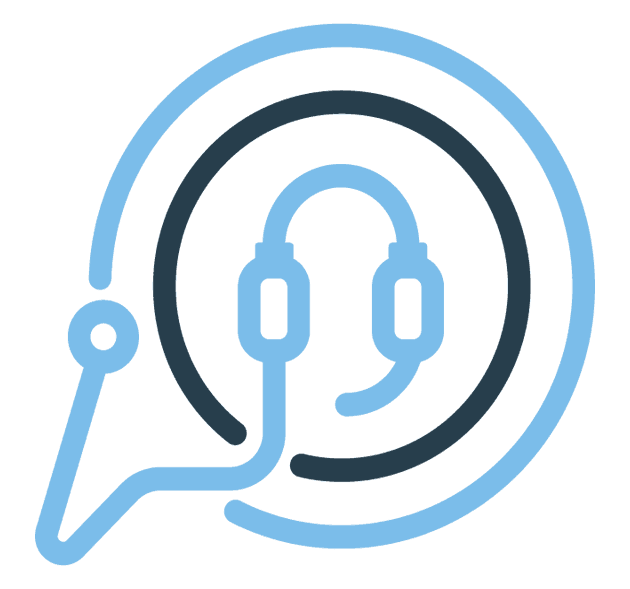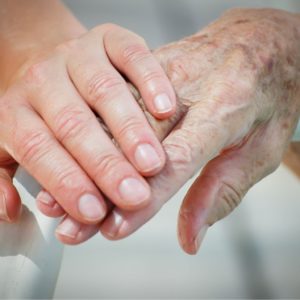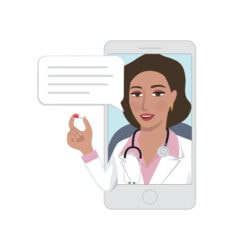Helping Concerned Families in Times of Infectious Outbreak
Since late February, health care facilities and nursing homes have been on high alert. The first coronavirus outbreak in a long-term care facility in Washington state sparked additional safety measures and sanitation precautions in similar centers across the country. The CDC has also been watching the situation closely and working to prevent the spread of this respiratory disease.
COVID-19 poses special risks to an elderly population and residents with underlying conditions. All the more reason why the loved ones of those in retirement homes, assisted living centers and aging service facilities are especially concerned in this period. What can management do to better handle the increase in questions and calls from family members?
Why the Coronavirus Is Dangerous for Assisted Living Residents
Healthcare personnel is especially worried about how this outbreak will affect nursing homes. Older people and those with chronic health problems, like residents of assisted living facilities, have been particularly susceptible to the coronavirus. In fact, 8 out of 10 deaths reported in the U.S. have been in adults 65 years old and older. According to the CDC, this population is also more likely to develop serious complications, most notably pneumonia.
This means that the more than 4 million Americans treated at or living in a skilled nursing center are currently at high risk of this infectious disease. In this type of environment, where residents are sharing living spaces and visitors and staff circulate regularly, contagions can spread quickly. And since the first case in Washington, there have been many other residents and caregivers who have tested positive, as well as outbreaks in nursing homes, across the country.
Restricted Visitation in Nursing Homes
To prevent the spread of the virus among vulnerable patients, senior living centers have been required to close their doors to outside visitors. Naturally, this leaves family and friends extra concerned and feeling cut off from their loved ones residing at these facilities. They are asking about the condition of residents and requesting updates on patient health. There is also a need for information about the continuity of care and preventative measures that must be implemented to protect community health.
Improving Assisted Living Communications During A Pandemic
Assisted living management must now work to keep residents in touch with their support network and handle the increase in phone calls from frustrated and concerned family members. This can be done through establishing a secure mode of communication with designated contacts, facilitating communication between patients and families, and properly managing the increase in phone calls during this outbreak.
Provide Information & Regular Updates for Resident Families
Nursing homes can avoid an abundance of calls from concerned families by providing information both upfront and on an ongoing basis. Posting information on a secure portal of the organization’s website can help manage concerns. Include information about:
- Staff sick leave policies.
- Provisioning of food supply stocks, medical equipment, pharmaceuticals, as well as CDC-approved cleaning products.
- Pandemic and infectious disease containment policies and protocol.
- Health safety measures being utilized, such as staff health screenings, special training, and extra hygiene and sanitation efforts.
- Patient testing and how those who test positive will be isolated and cared for.
- How nurse shortages and staffing challenges are being addressed.
- Procedures in place to ensure continuity of medical care.
- Any plans to move or relocated residents.
- Expected changes to residents’ routine and regular therapy, such as suspending social activities, providing private fitness sessions, or serving meals individually.
- Efforts to provide additional health care and psychological support for patients during this stressful period.
- How families can keep in touch with residents of the assisted living facility.
- When visitation restrictions are expected to be lifted.
Assisted Living Communication Alternatives for Non-Essential Staff & Families
Just because face-to-face visits aren’t possible right now, doesn’t mean that families need to lose touch with residents. Senior care service providers should facilitate appropriate alternative modes of communication. That may be regular phone calls, email, or even video calls.
Senior Living Call Management: Managing Influx of Calls for Residents
Providers at every level of health care are receiving more calls than usual from patients, those who have been traveling recently, who have flu-like symptoms, or are concerned about exposure or risk factors. For nursing homes, responding immediately to concerned family members is becoming a problem just to manage the sheer volume of calls.
We recommend:
- Setting up a phone triage system that prioritizes emergency calls.
- Securing a portal for communication with residents’ families. This can be used to provide general information and receive questions directly through the website.
- Instructing receptionists or answering service agents to collect specific information from callers and provide an idea of when they can expect a response. They should take notes about non-priority requests and assure the caller that they will be addressed but that the focus is primarily on the safety of residents at this time.
- Simplify and shorten the automatic phone greeting so that calls can be handled faster, options are clear, and it alleviates undue frustration for callers.
- Add an option to the automatic phone greeting that helps direct calls from concerned families requesting updates during the pandemic.
- Using a medical phone answering service to help answer and direct the high number of calls appropriately. This helps free up valuable staff for patient care and minimize wait times and calls placed on hold. Remember, that this type of communication is subject to HIPAA regulations and must be compliant.
- Increase phone availability. It’s possible to extend contact hours, even providing 24-hour support, which alleviates some bottleneck effects for handling incoming calls. Answering services are a cost-effective way to provide after-hours, weekend, or round-the-clock response.
Helpful resources: Long-Term Care and Other Residential Facilities Pandemic Planning Checklist.
HIPAA-Compliant Medical Answering Service Solutions
For more information on how PatientCalls can help your healthcare facility or medical practice during this important time, contact us using the “get a quote” form.







